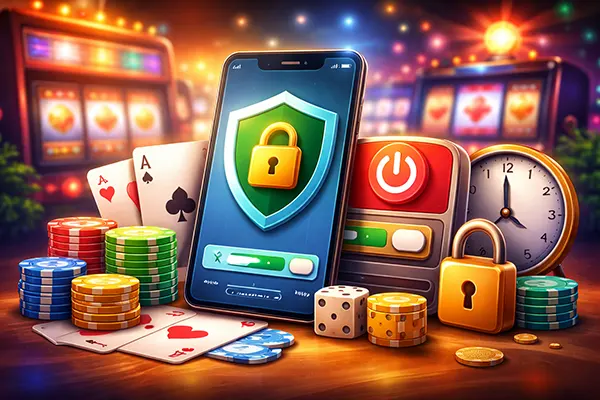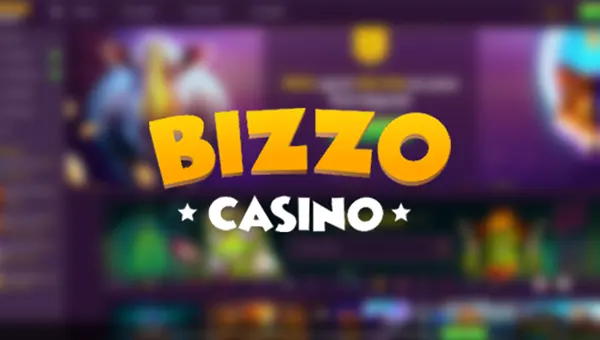
How to learn to play poker – some tips and lessons from experienced coaches
Learning poker doesn’t mean practicing or doing things a certain way. It’s about having fun and using learning styles that will ensure a full understanding of the process. It’s not just about learning the schedule, it’s about improving your own thinking on the subject. There are a number of tips that really work when you want to not just play, but win at poker.
Use familiar ‘hands’
Played hands are beneficial regardless of their outcome. They allow you to analyse the game, think about what may or may not have been done well, and fully understand what could or should have been done. Marking hands during a session is a great way to do this, as it allows you to look back at places where:
- the player didn’t know what to do;
- the player thought the game was right
- the user felt they had made a mistake.
It is advisable to use tools to speed up the review of handouts. Players often spend too much time looking at each seat, especially when it is arbitrary or relatively easy. There are many other tools available.
Choice of actions
While reviewing hands works well, you can also use situations encountered to see how different flops should be played. Often they seem similar, but are still slightly different. You should aim for the best combinations, but also keep an eye on your opponents.
With compulsory bets, everything is clear. But when there is a choice, you should soberly assess your card set, as well as observe your opponents. By the way, they can bluff decently, which should be taken into account when determining your next move.

Useful software or a trainer
To learn how to play poker, you can either use a poker coach or you can use a poker software. Talking about the characteristics of one or the other, it is difficult to determine who provides the most effective training. A trainer can throw in a few tips that a programme cannot offer. A programme, on the other hand, teaches the basics in more detail.
The advantages of working with a trainer are:
- life experience;
- ingenuity;
- individual approach;
- motivation;
- speed of learning.
The disadvantages of learning from a professional player are the financial component (pros do not work for pennies) and the human factor (you need to get along with the person, and not everyone can do that).
The program allows you to get familiar with most of the game material, but it does not always help in terms of gaining experience. Playing with real people is different from playing with a computer or artificial intelligence. But both methods of learning have their place. Which one to choose? It depends on your ability. Some people are more comfortable competing with technology, while others prefer the interaction with a real person.
Topical forums and videos
Don’t rule out other ways to learn poker. You can discuss the game in threaded forums. They talk about hands, solutions and possible outcomes of the game. Both beginners and experienced poker players sit on the forums. Plus, it’s a great way to make some useful contacts in your chosen field.
There is also a great deal of thematic video content on the internet. There are narratives in general terms about poker, explanations of details and individual interesting tips. It is advisable to read them too, as they are really useful for those who intend to go deeper into poker.





